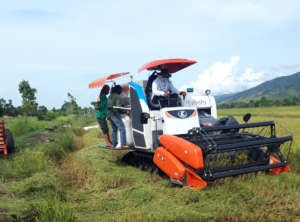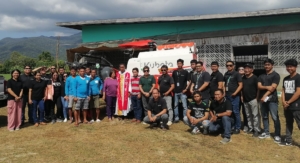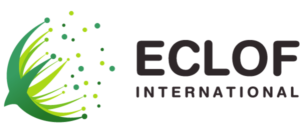
In the Philippines, agriculture is a backbone of the economy. In rural areas it provides livelihood for most. Historically, the sector has heavily relied on manual labor, which has restricted productivity and efficiency. To address these limitations and uplift the farming community, mechanization is key. ECLOF Philippines (EPH) Agri Center has stepped up to the challenge with an innovative mechanization initiative aimed at broadening farming opportunities and boosting farm revenue.
Program Details
The EPH Agri Center launched its mechanization harvester project in early 2024: rice farmers can access a subsidized bundle that includes cash loans and rental harvesters at discounted rates. The pilot project, which took place over 7.5 hectares and involved five clients, revealed remarkable results. Farmers found that they could harvest between 4 to 6 hectares in a single day, compared to the two days it previously took, highlighting the project’s potential to significantly reduce labor costs and increase efficiency. Despite the challenges posed by a prolonged dry season, the project is set to roll out fully from September to December 2024, aiming to benefit clients by lowering harvesting costs and offering crucial training.
Milestones
Since its full-scale rollout in September 2024, the project has served 115 clients and non-clients, covering 172.855 hectares by early November 2024. This demonstrates its growing reach and efficiency in supporting farmers with mechanized services.
The project has established a strong presence of EPH in several villages, showing effective community engagement and acceptance. This demonstrates the ECLOF Philippines Agri Center’s effort to enhance small-scale farmers’ access to agricultural machinery and production.
Future Plans
Looking ahead, EPH plans to extend this successful mechanization model to all its 14 branches, ensuring a wider reach and impact. The income generated from this initiative will be reinvested into the Agri Center’s strategic priorities, including capacity-building programs, research and development, market linkages, environmental conservation, and an integrated farming approach. The goal is to reach 600 farmers annually, covering 800 hectares, thereby creating sustainable development and significantly improving the livelihoods of the farming community in the Philippines.




